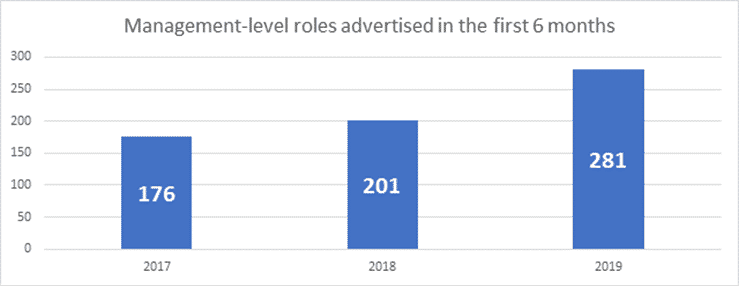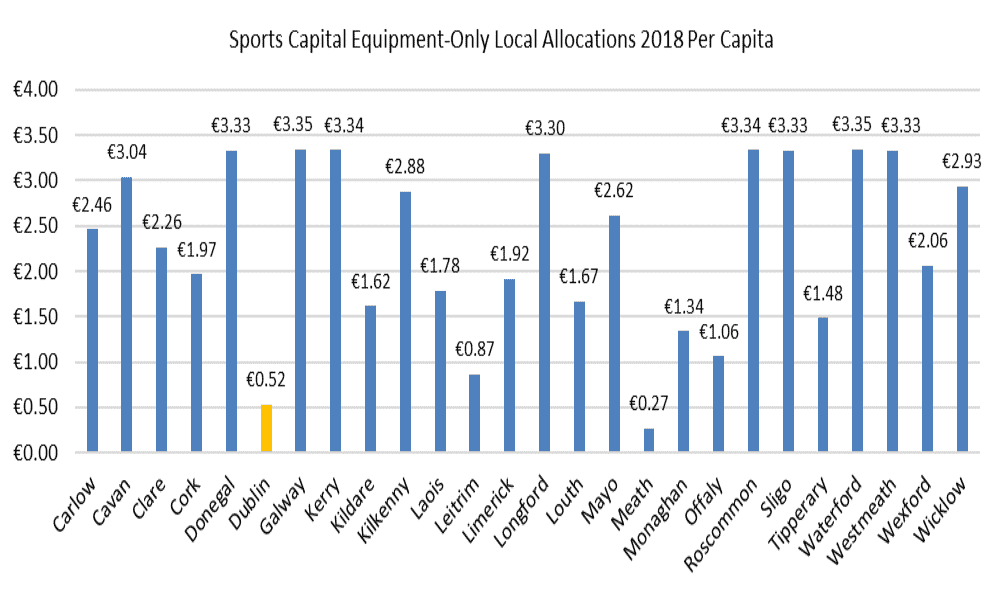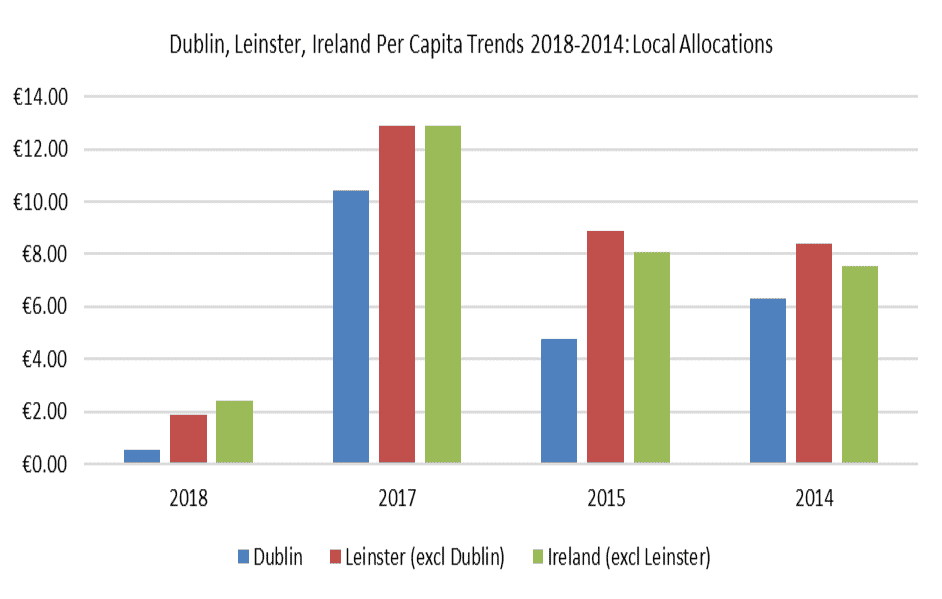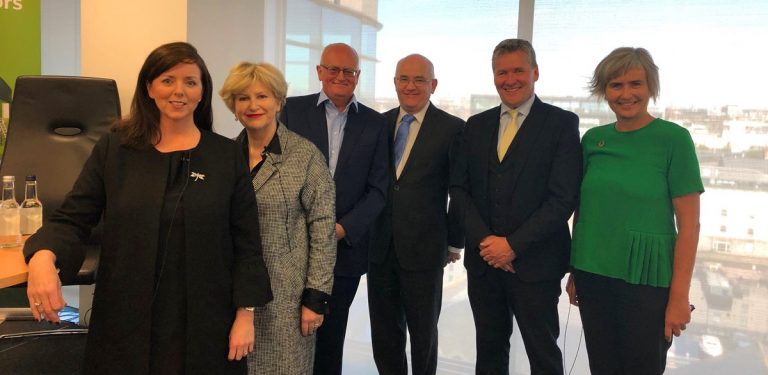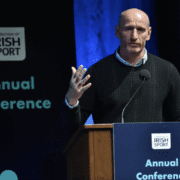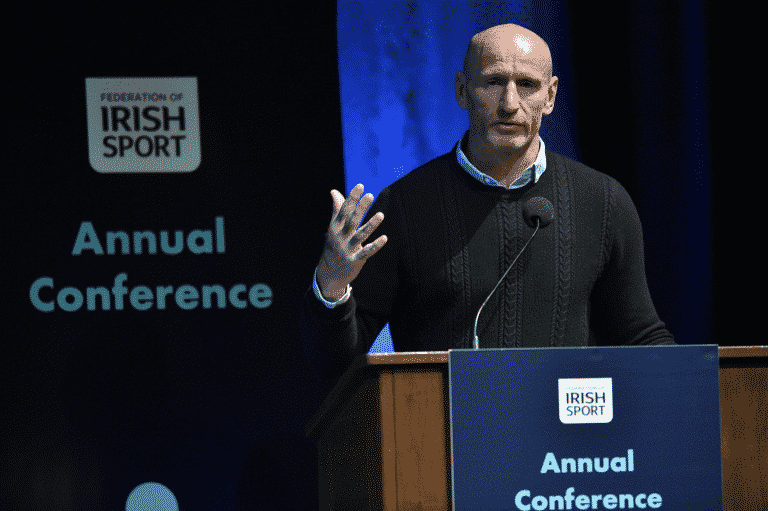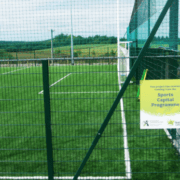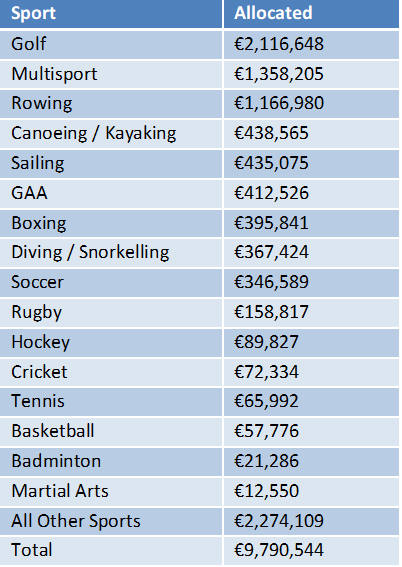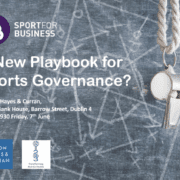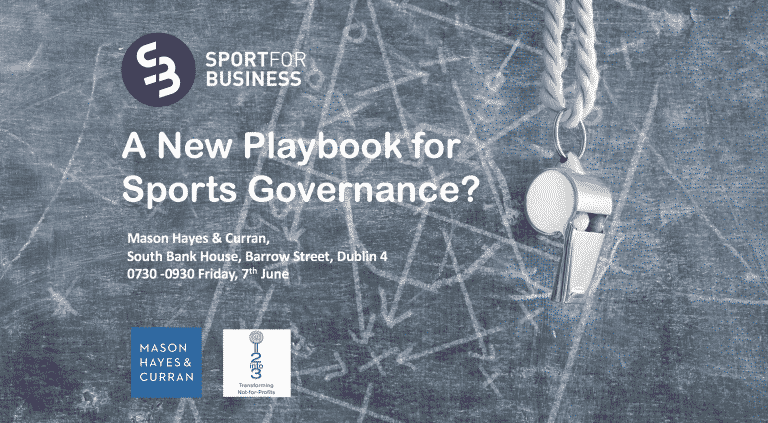In May 2019, the Central Statistics Office reported that the level of unemployment in Ireland had fallen to just 4.4%, quite a contrast from the 12.1% reported in May 2009.
The recent economic recovery has seen phenomenal growth in the number of job opportunities available, with the term “full employment” appearing more and more in news headlines.
Indeed, there are positive effects of full employment, such as improved income levels and GDP, reduced social protection payments and increased tax revenues that can be used either to reduce taxes or increase spending.
From an employer’s perspective, the current economic state can bring several challenges when seeking to both attract and retain the best people and the not-for-profit sector is certainly no exception. In fact, it may be feeling the impact even more than the commercial area.
Data on not-for-profit recruitment activity is somewhat thin on the ground, but the 2into3 Quarterly Recruitment Monitor can give us something of an insight into the last three years at least. During that time, the number of management roles advertised within the sector during the first half of the year has risen from 107 in 2017, to 201 in 2018 and a substantial 281 so far in 2019.

The cause of this trend is rooted in more than one area, with some possibly contradictory and maybe not mutually exclusive. Are there more organisations seeking to expand their activity and need to hire for new positions, or are senior managers moving to new roles with other organisations and need to be replaced? Are organisations who previously had no requirement to publicly advertise, or use the services of external recruiters now, having to make that shift in approach?
Whatever the root cause, the figures and the feedback we receive clearly points to a challenge for the sector. With a “sellers’ market” very much in operation at the moment, not-for-profit hiring managers need to know how to compete and to know who the competition is.
Commercial companies are often able to offer far more attractive overall packages to prospective employees, with higher salaries, greater opportunities for advancement and in many cases a range of other benefits.
The risk for not-for-profits is to try to compete head-on with such an offering. More often than not, this will be a losing approach, given the comparative resources available. Instead, organisations need to think outside this narrow framework.
Sure, there is a need to offer the most competitive salary and benefits package that the organisation can afford; after all, if you want to attract the best, you need to offer the best you can. But if this runs the risk of starting an “arms race” of competing salaries against companies who have deeper pockets than yours, other approaches are needed as well.
It is our experience that a large number of people working in the not-for-profit sector do so for reasons other than the salary they earn. They know the work, while often stressful and time-consuming, offers a purposeful career. They are often working within a culture that recognises and rewards their hard work and commitment, while offering a realistic work-life balance.
As long as this employment market exists, the challenge can also be viewed as an opportunity for the not-for-profit sector to promote its “employer brand” as something more than the basic elements of a job and salary.
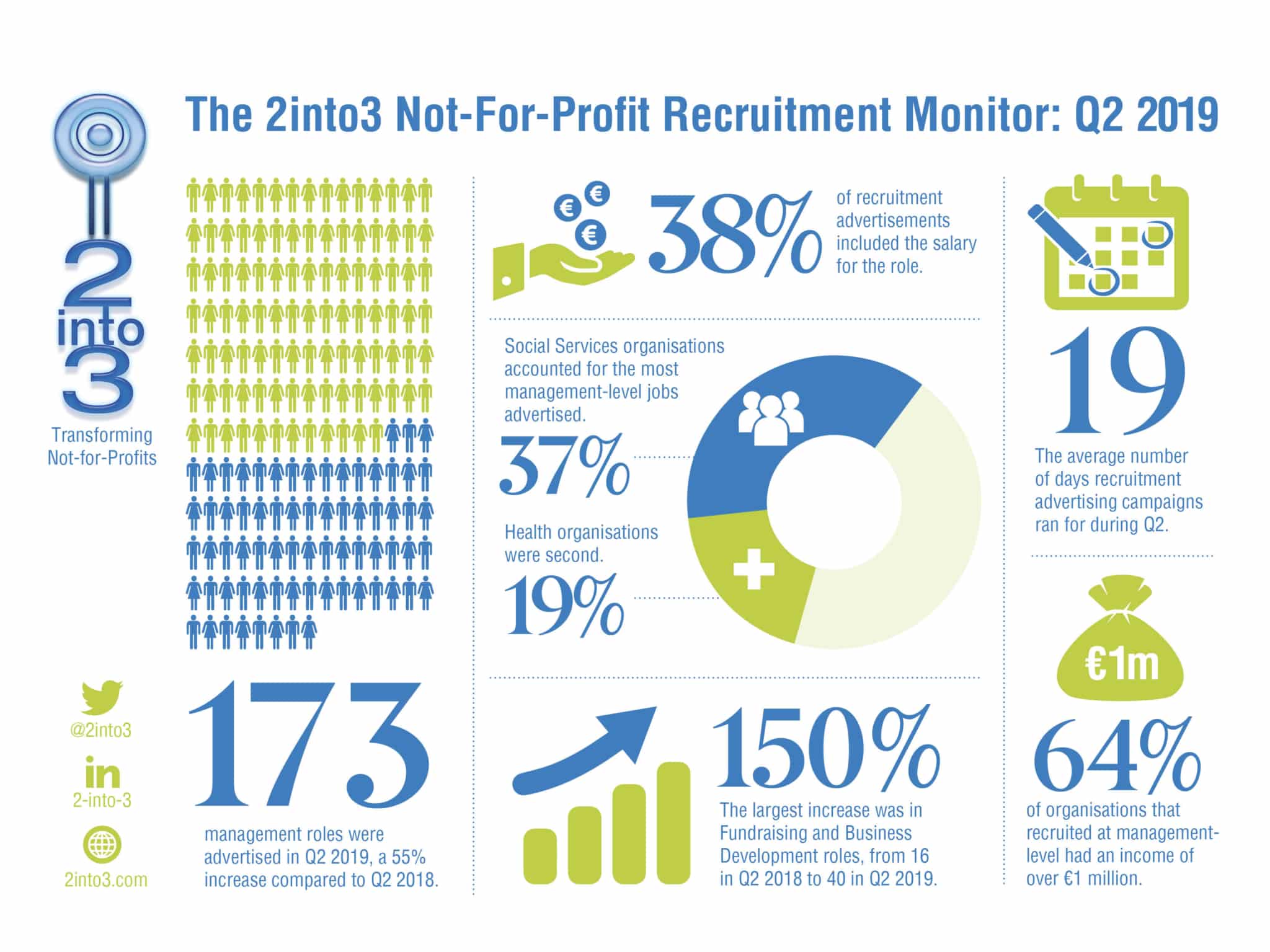
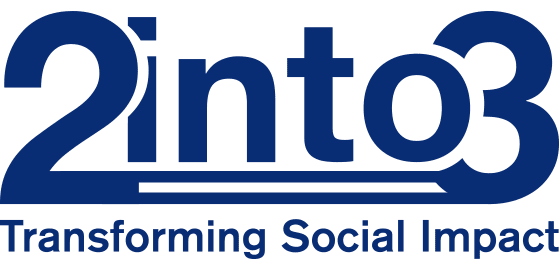
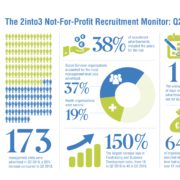

 This morning (July 19th), the Department of Transport, Tourism and Sport released 33 identified actions of the National Sports Policy to implement between 2020 – 2022. In particular, Action Points 30 & 31 focus on reforming sporting bodies’ tax structure.
This morning (July 19th), the Department of Transport, Tourism and Sport released 33 identified actions of the National Sports Policy to implement between 2020 – 2022. In particular, Action Points 30 & 31 focus on reforming sporting bodies’ tax structure.


